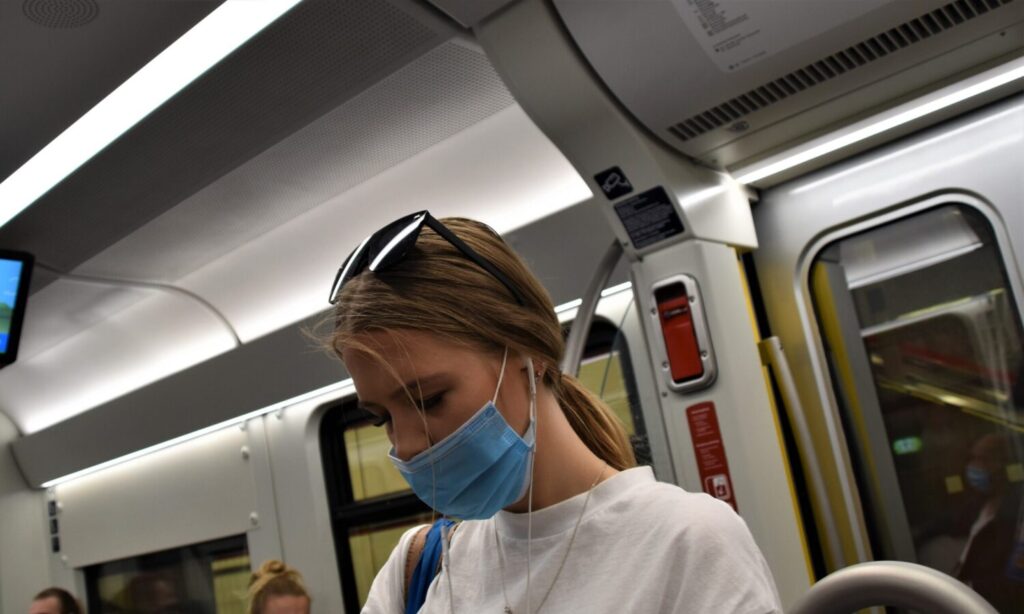A new study shows that while easier to spread, Omicron is much less deadly than previous variants.
Omicron is the most recent COVID-19 variant, responsible for sparking a wave of viral infections that have infected most parts of the country. As of this writing, the vast majority of cases being reported are from Omicron infections.
Despite these large numbers of COVID-19 cases, hospitalizations rates and deaths are not in line with previous variants. New research suggests this is due to Omicron being 91% less likely to result in deaths.
RELATED: Does Omicron Cause Loss Of Smell And Taste? Here’s What A New Study Says

The study, conducted by the Centers for Disease Control and Prevention (CDC), involved 70,000 COVID-19 patients in California, and it showed that Omicron is less deadly and less likely to result in hospitalizations. Even those people who had Omicron and ended up hospitalized were likely to recuperate earlier than those who were infected by the Delta variant.
“Reductions in disease severity associated with Omicron variant infections were evident among both vaccinated and unvaccinated patients, and among those with or without documented prior SARS-CoV-2 infection,” explains the study’s authors.
Details of the study include that those infected with Omicron are 75% less likely to require intensive care and that hospitalized patients require an average of 1.5 days of treatment when compared to patients in the past, who required an average of five days of attention. None of the subjects with Omicron had to go on a ventilator, a striking fact considering the number of people whose data was analyzed.
“We may see deaths from Omicron but I suspect that the deaths that we’re seeing now are still from Delta,” said Rachelle Wolensky, director of the CDC, in a statement.

RELATED: Kids Who Had COVID-19 Are Twice As Likely To Develop This Chronic Condition
Despite the encouraging news, Wolensky says that people should still be careful of the virus and monitor their behavior accordingly, ensuring the safety of elders, immunocompromised people, and more. Aside from that, it’s important to account for the strain on your state’s health care system, which is likely higher than usual due to the types of numbers that the Omicron variant is producing.


